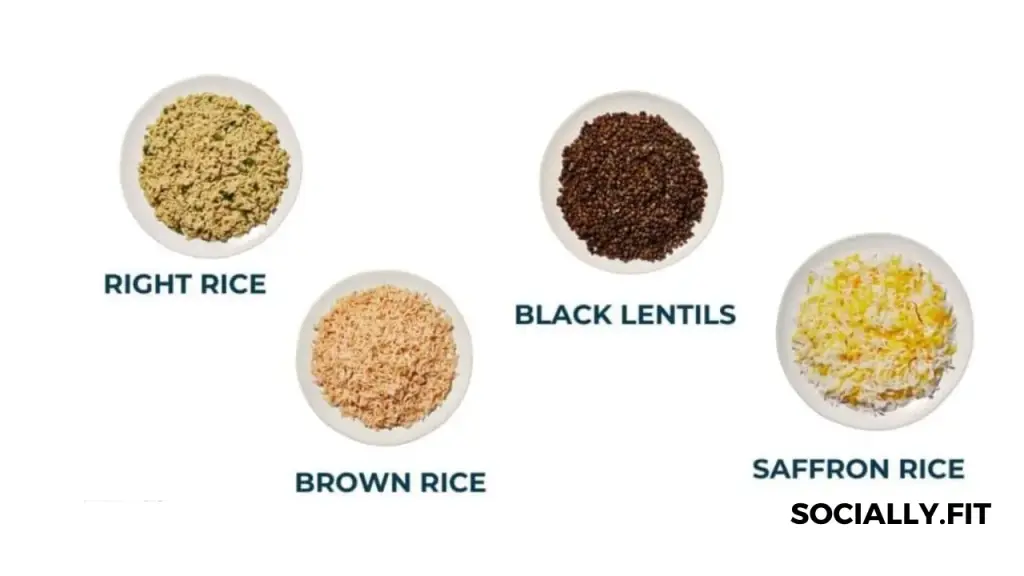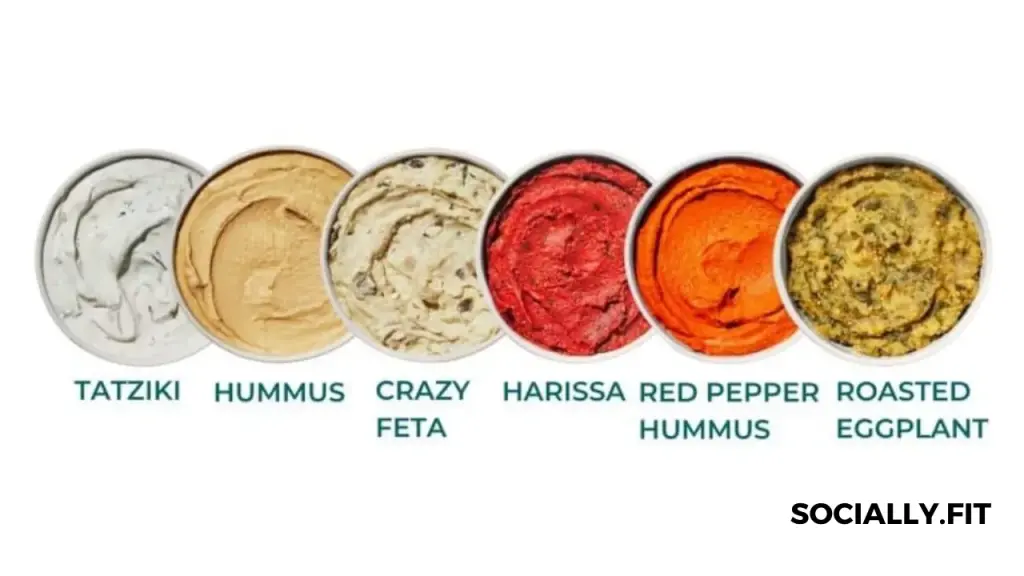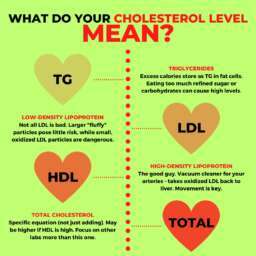Cava, a popular sparkling beverage, intrigues many with its taste and effervescence. However, questions often arise regarding its health implications. Is cava truly a healthy choice? This article explores its nutritional content, potential benefits, and moderation strategies, providing insights into integrating it into a balanced lifestyle.
Understanding Cava: What is it?

Cava, a sparkling beverage originating from Spain, captivates with its unique taste and effervescence. Crafted through a method akin to champagne production, it undergoes a secondary fermentation process in the bottle, resulting in its characteristic bubbles. Made predominantly from indigenous Spanish grapes such as Macabeo, Parellada, and Xarel-lo, cava boasts a distinct flavor profile that sets it apart from other sparkling wines. Furthermore, its production adheres to strict regulations, ensuring quality and authenticity. In essence, cava embodies the essence of Spanish winemaking tradition while offering a delightful and refreshing drinking experience.
Nutritional Composition of Cava

The nutritional composition of cava offers insight into its health implications and dietary suitability. Rich in essential nutrients, cava presents a compelling case for inclusion in a balanced lifestyle. Let’s delve into its nutritional profile:
- Calories: Cava typically contains fewer calories compared to many other alcoholic beverages, making it a relatively lower-calorie option for those mindful of their intake.
- Carbohydrates: With relatively low carbohydrate content, cava can be suitable for individuals following carbohydrate-conscious diets, such as those managing diabetes or adhering to low-carb lifestyles.
- Protein: While not a significant source of protein, cava contributes minimally to overall protein intake.
- Fat: Cava is virtually fat-free, making it a suitable choice for those monitoring their fat intake as part of a balanced diet.
- Sugar: Depending on the variety, cava can vary in sugar content. Opting for drier varieties or those labeled as “brut” can help minimize sugar intake while enjoying this sparkling beverage.
- Alcohol: As an alcoholic beverage, cava contains alcohol, which should be consumed in moderation to avoid adverse health effects associated with excessive alcohol consumption.
- Vitamins and Minerals: While not a significant source of vitamins and minerals, cava may contain trace amounts of certain nutrients depending on factors such as grape varietals and production methods.
In summary, the nutritional composition of cava underscores its potential role as part of a balanced diet. With its moderate calorie, carbohydrate, and fat content, along with its potential antioxidant benefits, cava can be enjoyed responsibly as part of a healthy lifestyle.
Is Cava healthy
Health Benefits of Cava Consumption

Cava consumption offers a range of potential health benefits, making it more than just a delightful beverage choice. Let’s explore the health benefits associated with enjoying cava in moderation:
- Cardiovascular Health: Moderate consumption of cava has been linked to improved cardiovascular health, with studies suggesting a potential decrease in the risk of heart disease and stroke.
- Antioxidant Properties: Cava contains antioxidants, such as polyphenols, which help combat oxidative stress and inflammation in the body, potentially reducing the risk of chronic diseases.
- Bone Health: The presence of certain minerals in cava, including calcium and magnesium, may contribute to bone health and help prevent conditions such as osteoporosis.
- Stress Reduction: Enjoying a glass of cava in moderation may have a relaxing effect on the body, helping to reduce stress and promote overall well-being.
- Improved Mood: Cava consumption has been associated with a temporary boost in mood and feelings of happiness, thanks in part to its alcohol content and pleasurable taste.
- Digestive Health: Some studies suggest that moderate alcohol consumption, including cava, may have a beneficial effect on digestion, potentially aiding in the breakdown of food and absorption of nutrients.
In summary, moderate consumption of cava offers a range of potential health benefits, from supporting heart health and bone density to promoting relaxation and social connection. As with any alcoholic beverage, moderation is key to reaping these benefits while minimizing potential risks.
Is Cava healthy
Health Benefits of Cava vs. Champagne vs. Red Wine vs Beer
| Health Benefit | Cava | Champagne | Red Wine | Beer |
|---|---|---|---|---|
| Cardiovascular Health | Moderate consumption may improve heart health due to antioxidants and polyphenols. | Similar to cava, may support heart health due to antioxidant content. | Contains resveratrol, which may help reduce the risk of heart disease. | Moderate beer consumption linked to a reduced risk of heart disease. |
| Antioxidant Properties | Contains polyphenols that combat oxidative stress and inflammation. | Rich in antioxidants, such as phenolic compounds, which may have anti-inflammatory effects. | High levels of antioxidants like resveratrol, which may reduce oxidative damage. | Contains antioxidants like flavonoids that may protect against heart disease. |
| Bone Health | May contribute to bone health due to calcium and magnesium content. | No significant evidence for direct impact on bone health. | Resveratrol in red wine may help maintain bone density and prevent osteoporosis. | Moderate beer consumption may help increase bone density. |
| Stress Reduction | Moderate consumption may induce relaxation and reduce stress levels. | Enjoyment in social settings may provide stress relief and relaxation. | Resveratrol may have stress-reducing effects on the body. | Moderate alcohol content may induce relaxation and reduce stress. |
| Digestive Health | Moderate intake may aid digestion by stimulating gastric juices. | No significant evidence for direct impact on digestive health. | Polyphenols may improve gut microbiota and digestive function. | Certain types of beer contain probiotics that promote gut health. |
| Blood Sugar Regulation | Moderate consumption may improve insulin sensitivity and regulate blood sugar levels. | Limited evidence suggests potential benefits for blood sugar regulation. | Resveratrol may improve insulin sensitivity and glucose metabolism. | Moderate beer consumption may improve insulin sensitivity. |
In summary, each beverage offers unique health benefits, from cardiovascular support to stress reduction, digestive health, and social connection. However, moderation is key to reaping these benefits while minimizing potential risks associated with alcohol consumption.
Is Cava healthy
Moderation is Key: 10 Risks and Considerations

Here are ten risks and considerations regarding moderation in consuming alcoholic beverages, presented in a tips format for brevity and clarity:
- Liver Health: Excessive alcohol intake can lead to liver damage and increase the risk of liver disease.
- Addiction Risk: Regular heavy drinking can lead to alcohol dependence and addiction.
- Weight Management: Alcoholic beverages are calorie-dense and can contribute to weight gain if consumed excessively.
- Mental Health: Heavy drinking is associated with an increased risk of depression, anxiety, and other mental health disorders.
- Impaired Judgment: Alcohol impairs judgment and coordination, increasing the risk of accidents and injuries.
- Interactions with Medications: Alcohol can interact negatively with certain medications, reducing their effectiveness or causing adverse side effects.
- Heart Health: While moderate alcohol consumption may benefit heart health, excessive drinking can increase the risk of hypertension and heart disease.
- Cancer Risk: Heavy alcohol consumption is associated with an increased risk of various cancers, including those of the liver, breast, and colon.
- Sleep Disruption: Alcohol disrupts sleep patterns and can contribute to insomnia and poor sleep quality.
- Legal and Social Consequences: Excessive drinking can lead to legal issues, impaired relationships, and social consequences.
In summary, while moderate alcohol consumption may offer potential health benefits, it’s essential to be mindful of the risks and considerations associated with excessive drinking. Practicing moderation and being aware of personal limits can help maintain a healthy relationship with alcohol.
Is Cava healthy
A Comparative Analysis of Cava and Non-Alcoholic Alternatives: Which Promotes Better Health?

Here’s a comparative analysis of cava and non-alcoholic alternatives in table format, followed by an analysis in tips format:
| Health Aspect | Cava | Non-Alcoholic Alternatives |
|---|---|---|
| Cardiovascular Health | Moderate consumption may offer benefits, but excessive intake can be harmful to heart health. | Non-alcoholic options may lack the potential heart benefits associated with moderate alcohol consumption. |
| Antioxidant Content | Contains antioxidants like polyphenols, which may have health benefits. | Non-alcoholic options may lack significant antioxidant content unless fortified with specific nutrients. |
| Sugar Content | Can vary, with some varieties containing minimal sugar. | Non-alcoholic options may be sugar-free or contain natural sugars from fruits or other ingredients. |
| Caloric Content | Contains calories, with variations depending on sugar and alcohol content. | Non-alcoholic options are often lower in calories, making them suitable for those watching their calorie intake. |
| Hydration | Alcohol content may contribute to dehydration, requiring moderation and balanced hydration. | Non-alcoholic options contribute to hydration without the risk of dehydration from alcohol. |
| Social Enjoyment | Often enjoyed in social settings, promoting social connection. | Non-alcoholic options can also be enjoyed socially, supporting inclusivity and choice in gatherings. |
| Variety of Flavors | Offers a wide range of flavor profiles and styles to suit different preferences. | Non-alcoholic options provide diverse flavors and textures, catering to various taste preferences. |
| Impact on Mental Health | May have temporary mood-enhancing effects when consumed moderately. | Non-alcoholic options offer enjoyment without the potential negative effects on mental health associated with alcohol. |
| Bone Health | Some minerals like calcium and magnesium may contribute to bone health. | Non-alcoholic options may lack these specific nutrients but can still support overall bone health through a balanced diet. |
| Overall Well-Being | Can be part of a balanced lifestyle when consumed in moderation. | Non-alcoholic options promote health and well-being without the potential risks associated with alcohol consumption. |
Analysis:
- Moderation Matters: Whether choosing cava or non-alcoholic alternatives, moderation is key to promoting better health outcomes and minimizing potential risks associated with excessive consumption.
- Consider the Context: Assess the social and situational context when choosing between cava and non-alcoholic options. Opt for non-alcoholic beverages in situations where alcohol consumption may not be suitable or desired.
- Watch the Sugar: Be mindful of the sugar content in both cava and non-alcoholic alternatives. Choose options with minimal added sugars to support overall health and avoid excessive calorie intake.
- Stay Hydrated: Balance cava consumption with adequate hydration to prevent dehydration from alcohol content. Non-alcoholic alternatives offer hydration without the need for additional fluids to counteract alcohol’s effects.
- Diversify Flavors: Explore a variety of flavors and styles in both cava and non-alcoholic options to keep taste buds engaged and promote enjoyment of different beverages while supporting overall health goals.
In summary, both cava and non-alcoholic alternatives have their pros and cons in promoting better health. The choice between the two depends on individual preferences, health considerations, and the social context in which they are consumed. Moderation, variety, and mindful consumption are key principles for incorporating either option into a healthy lifestyle.
Is Cava healthy
Incorporating Cava into a Healthy Lifestyle

Here’s a step-by-step guide to incorporating cava into a healthy lifestyle:
- Choose Quality Varieties: Opt for high-quality cava made from traditional grape varietals like Macabeo, Parellada, and Xarel-lo. Look for labels indicating “brut” or “extra brut” for drier, lower-sugar options.
- Mindful Consumption: Enjoy cava in moderation, adhering to recommended alcohol intake guidelines. Limit consumption to one to two glasses per day for women and up to two to three glasses for men.
- Hydration Balance: Alternate between glasses of cava and water to stay hydrated and pace yourself. Drinking water between servings of cava helps reduce alcohol’s dehydrating effects and promotes moderation.
- Pair with Nutrient-Rich Foods: Pair cava with nutrient-rich foods such as fresh fruits, vegetables, lean proteins, and whole grains. These foods complement the beverage’s flavors and provide essential nutrients for overall health.
- Choose Occasional Celebrations: Reserve cava consumption for special occasions and celebrations rather than making it a daily habit. This approach helps maintain a balanced lifestyle and prevents excessive alcohol intake.
- Savor the Experience: Take time to savor and enjoy each glass of cava, focusing on its aroma, flavor, and effervescence. Engage all your senses to fully appreciate the beverage’s complexity and craftsmanship.
- Socialize Responsibly: Enjoy cava in social settings with friends and loved ones, but always prioritize responsible drinking. Encourage moderation among peers and be mindful of individual alcohol tolerances.
- Stay Active: Balance cava consumption with regular physical activity to support overall health and well-being. Incorporate activities like walking, cycling, or yoga into your routine to counteract the calories and potential effects of alcohol.
By following these steps, you can enjoy cava as part of a balanced and healthy lifestyle, savoring its flavor and celebrating special moments while prioritizing moderation and well-being.
Is Cava healthy
Conclusion
In conclusion, cava offers a nuanced perspective on health and indulgence. Its nutritional composition, coupled with potential health benefits, underscores its place in a balanced lifestyle. By understanding its nuances and embracing moderation, individuals can enjoy cava responsibly, savoring its effervescence without compromising their well-being. Whether enjoyed on special occasions or in social settings, cava enriches moments of celebration and connection while promoting mindfulness and moderation. As with any alcoholic beverage, moderation is key, and incorporating cava into a healthy lifestyle involves mindful consumption, balanced choices, and a holistic approach to well-being. Cheers to enjoying cava responsibly and embracing the pleasures of life in a balanced and health-conscious manner.


FAQ
- Is cava similar to champagne?
Yes, cava shares similarities with champagne, such as its production method and effervescence, but it comes from Spain and uses different grape varieties. - Does cava contain a lot of sugar?
It depends on the type of cava. Some varieties are drier and contain less sugar, while others may have slightly higher sugar content. - Can cava be part of a healthy diet?
Yes, cava can be enjoyed as part of a balanced diet when consumed in moderation, along with nutrient-rich foods and plenty of water. - Does cava have health benefits?
Moderate consumption of cava has been associated with potential health benefits, such as supporting heart health and providing antioxidants. - How should I store opened cava?
Once opened, store cava in the refrigerator with a wine stopper to preserve its flavor and effervescence for a few days.
Is Cava healthy














